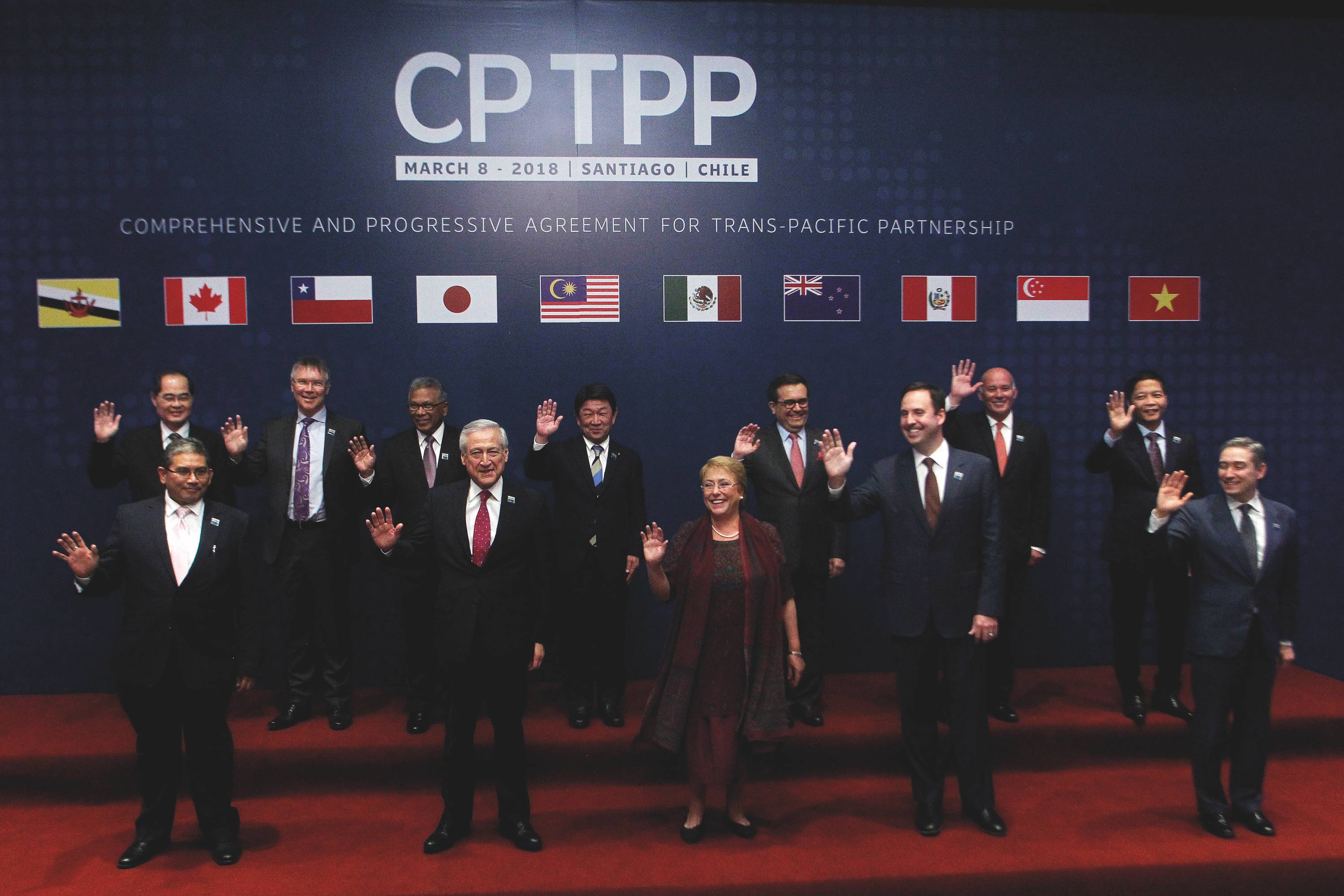Russia’s war of aggression against Ukraine has prompted people across the Indo-Pacific region to ask if hidden or openly festering problems here could also lead to open warfare. Following China’s hysterical response to U.S. Speaker of the House Nancy Pelosi’s visit to Taiwan in August, the answer seems all too clear. From the Hindu Kush to the South China Sea and the Korean Peninsula’s 38th parallel, the Indo-Pacific has no shortage of deep historical antagonisms and false claims to sovereignty that could explode into conflict without warning.
The real question facing leaders across the Indo-Pacific region, then, is whether the region can build a structure of peace to prevent national ambitions and hostilities from escalating to open warfare. Much will depend on whether the region’s democratic powers — Australia, India, Indonesia, Japan, South Korea and the United States — can forge the type of strategic trust needed to make any potential disturber of the peace think twice before initiating hostilities.



